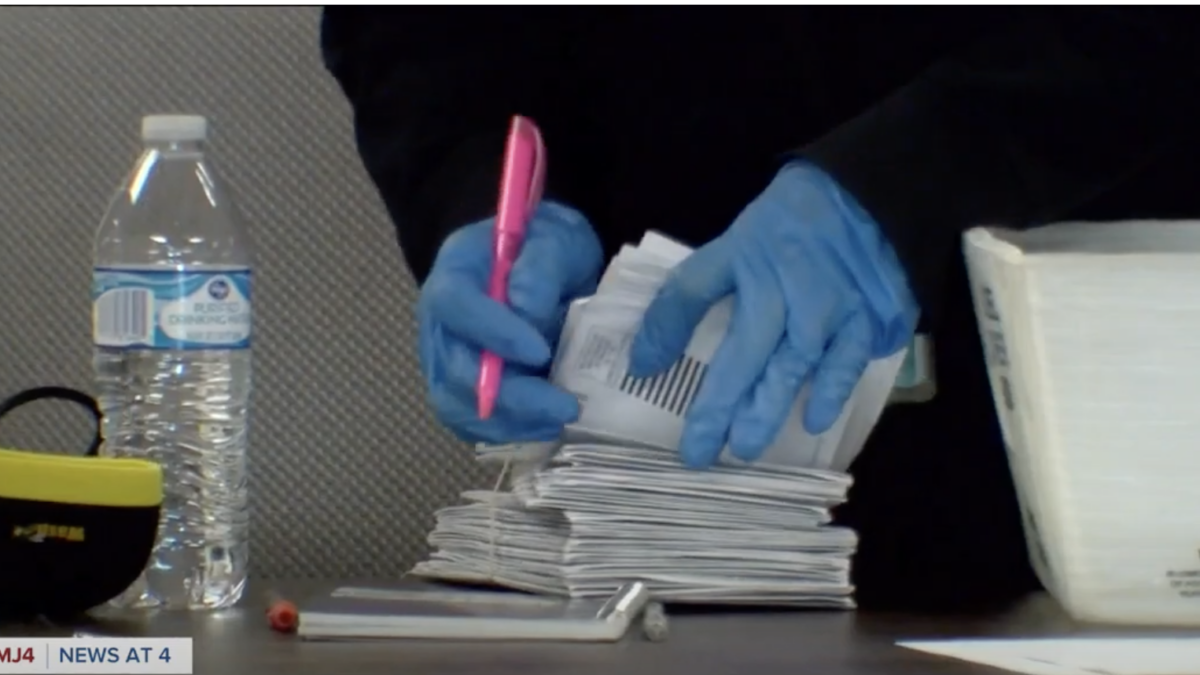
Vox Media announced they will be cutting hundreds of freelance writers, mostly those covering sports for the SB Nation site, as the company prepares for Assembly Bill 5 (AB5) to go into effect in California at the start of the new year.
Passed in September, the law requires gig economy workers to be hired as employees with benefits. While the primary sponsor, California Assemblywoman Lorena Gonzalez, had intended to target companies like Uber and DoorDash, the law also forbids freelancers from submitting more than 35 articles per year to the same publication.
As a full-time freelance writer with many friends in the business, I welcome another chance to point how just how hurtful this bill is for freelance writers, how asinine it was for this politician to push the bill while clearly ignorant of its economic effects, and how it could be repealed.
Most Freelancers Do It as a Side Gig
I’ve been freelance writing off and on in some capacity for about 12 years. There are two kinds of freelance writers: Full time and part time. A 2017 FreelanceWriting.com survey found most freelance writers are part-time, earned $10,000 or less, worked 20 hours a week, and had “gained specialized expertise in previous jobs,” which aided them in their freelance careers.
For years, I wrote on the side, as many people I know do. The money my friends earn freelancing helps pay for myriad things: emergency expenses; “fun” things like modest vacations, birthday parties, and Christmas presents; and even paying off debt. For many freelancers, the money they earn doesn’t pay the mortgage or all their family’s expenses but it makes their finances more comfortable and everyday life extra meaningful.
One friend with a full-time day job files an article a week to the same publication as a side gig. Although he only makes about $5,000 per year doing so, if he lived in California, this would limit his side income, which he puts into savings and uses on special gifts.
Another friend freelances on the side and writes while her kids are at sports practices. She even uses the money she makes on those sports. Still another friend of mine has freelanced to promote his main job. He uses that money to pay bills each month. Because of this law, all of these people would be out a significant portion of side income if they lived in California.
For many stay at home parents, the ability to freelance on the side and use their intellect when their children are young and less intellectually stimulating is itself a gift that can’t be quantified in dollars. I started freelancing when my oldest was a baby, 12 years ago, for this exact reason. A number of parent friends look forward to nap time so they can file that piece on the show they’ve been binge-watching at night or a favorite author they got to interview.
Freelance writing is also another way to be heard. While doing research for articles, I’ve learned a lot reading things from professionals in STEM, health care, and other fields. One man commented on Twitter, “No offense to the pros, but its effect is also to professionalize all public writing, as if thoughtful civic counsel and discourse couldn’t come from people doing other work the majority of their time…”
This Law Would Make Full-Time Freelancing Extinct
There’s also a second group of freelance writers, those who do it full time. I currently fall into this category, as do a handful of my friends. While not nearly as many people freelance full time—less than 20 percent, according to that survey—freelance writers can make a living writing, and they do it for many reasons essential to their well-being.
For me, while freelance writing does have its downsides—hello, cash flow!—it offers multiple upsides in flexibility, creativity, and productivity. I’m home when my kids get home from school, with homemade chocolate chip cookies at the ready (okay, sometimes I use store-bought dough). If I haven’t completed what I want to for the day by that time, I can always whip something out in the evening. While I try to be as present as possible for my kids, I’ve written from the pool, the car, the football field, my phone, a doctor’s office, and, last year, the campground.
Freelance writing is great for people who are creative and have a lot of ambition. If you’re a self-starter, motivated, and don’t want to clock in for someone else, freelance writing can use some of those strengths: I get to determine how much I work, where, for whom, and often why—bonus. I’ve written for publications from Wine Enthusiast to The Atlantic about everything from bourbon to babies. It’s not all rainbows and butterflies, but it works for this season of my life.
Freelance writing can offer a good living in a cost-effective part of the country outside expensive cities, but it is imperative these writers produce a lot of work to pay their bills. That’s why this California law is such a scam: My friends and I can produce between 8-10 articles per publication, per month, and write regularly for at least four-five publications per month. If we lived in California, we’d fill the absurd “35 pieces per publication per year” quota within a few months. Then we’d be out of luck, and I’d be forced to spend more of my day away with my kids within a job schedule I like less, instead of giving my kids face time when they get home from school.
https://twitter.com/JillFilipovic/status/1206589772178841600
This Law Stifles Free Speech and Life Choices
California AB 5 should be repealed. Those of us outside the state should support Californian freelancers’ efforts.
Not only does this law clearly squelch writers’ free speech rights, but also their right to earn a living in a perfectly lawful way. It’s just an egregious example of overregulation if I’ve ever seen one.
Freelance writers who are losing their livelihoods in California due to #AB5 have a friend in this Twitter account. I will do all I can to amplify and spread your stories. This offense against our right to sell our intellectual labor must and will be reversed
— Walter Kirn (@walterkirn) December 16, 2019
California citizens have the power to repeal this law via veto referendum, “a citizen-initiated ballot measure that asks voters whether to uphold or repeal a law passed by the state legislature, a city council, a county board of supervisors, or some other legislative body.” This would be difficult to do, but not impossible.
It’s one thing to pass legislation that protects independent contractors. It’s another to pass a bill that damages the livelihoods of hundreds of thousands of writers exercising their freedom to work part or full time as they choose.









